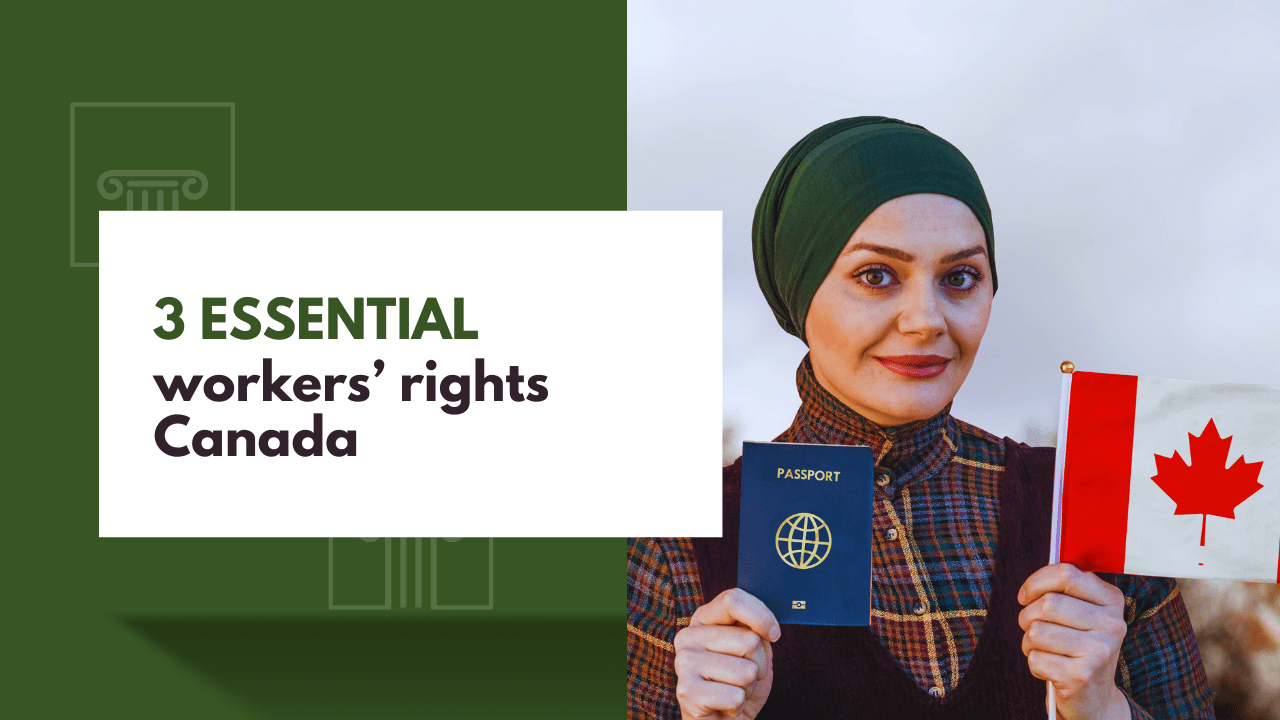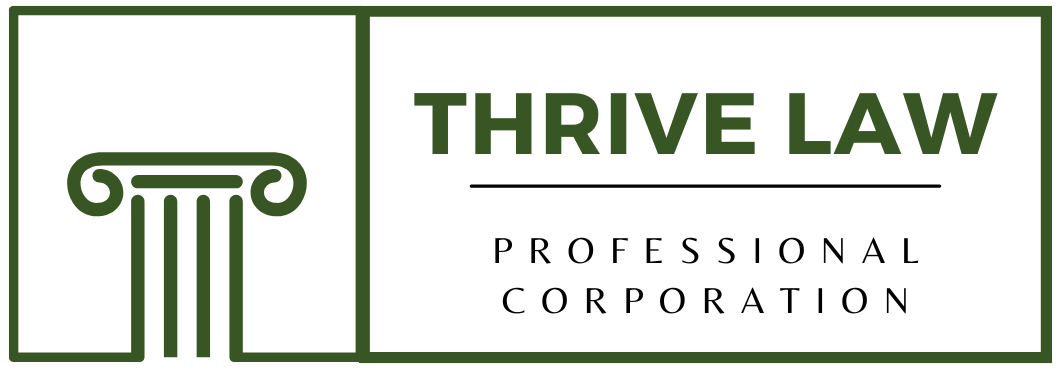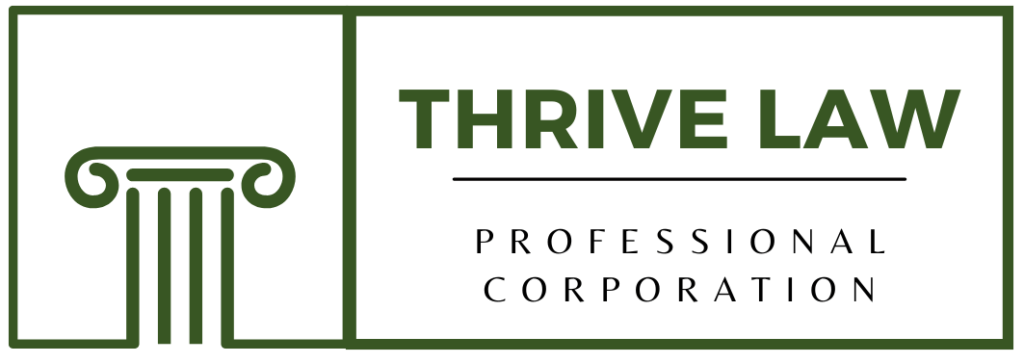
Saad Mirza
Hi! beautiful people. I`m an authtor of this blog. Read our post – stay with us

Saad Mirza
May 15, 2025
3 Essential Rights Every Employee in Canada Should Know
If you’ve ever wondered about your rights at work-or worried about what your employer can and can’t do-you’re not alone. I’ve seen firsthand how confusion about basic employment rights can lead to unnecessary stress and missed opportunities for fair treatment.
Whether you’re starting a new job, facing a workplace issue, or just want to know where you stand, understanding your rights is essential. These rights are grounded in both federal and provincial laws, and they apply to nearly every employee in Canada.
Let’s break down the three essential rights every Canadian employee should know.
The Right to a Safe and Respectful Workplace
Every worker in Canada is entitled to a safe and healthy workplace. This isn’t just a moral expectation-it’s the law, thanks to the Occupational Health and Safety Act (OHSA) and similar legislation across the country.
The law gives you three core rights:
• The right to know about hazards in your workplace. Employers must inform you of any risks and provide proper training and instructions to keep you safe.
• The right to participate in decisions about workplace safety. This could mean joining a health and safety committee or voicing concerns about unsafe practices.
• The right to refuse unsafe work if you believe it poses a danger to you or others. I’ve helped clients who were pressured to work with faulty equipment or in hazardous conditions-knowing this right can literally save lives.
But safety goes beyond physical hazards. Employees are also protected from harassment and discrimination under the Canadian Human Rights Act and provincial human rights codes. If you’re facing bullying, sexual harassment, or discrimination based on race, gender, disability, or other protected grounds, you have the right to a respectful workplace.
If you ever feel unsafe or experience harassment, the first step is to document what happened. Then, report the issue to your supervisor, HR department, or through your workplace’s formal complaint process. If your concerns aren’t addressed, you can reach out to bodies like the Ontario Labour Board or the Canadian Human Rights Commission.
The Right to Fair Pay and Working Hours
One of the most misunderstood areas of employment law is termination. Many people believe employers can fire them at any time for any reason-but that’s not the whole story. Both the ESA and common law provide important protections:
• Notice of termination: Most employees are entitled to advance notice or pay in lieu, based on their length of service. For federally regulated workers, the Canada Labour Code sets minimum notice and severance requirements.
• Severance pay: In Ontario, if you’ve worked for five years or more and your employer has a payroll of at least $2.5 million, you may be entitled to severance pay in addition to notice.
• Wrongful dismissal: If you’re fired without proper notice, severance, or for reasons that violate your rights (like discrimination or retaliation), it may be considered wrongful dismissal.
We’ve represented clients who were let go without warning, only to discover their employer’s termination clause didn’t comply with the ESA-making them eligible for much more compensation than
initially offered6. Others have faced constructive dismissal, where major changes to their job or toxic work environments forced them to leave. In every case, acting quickly and getting legal advice made all the difference.
Common questions include: “Can I be fired without warning in Canada?” In most cases, employers must provide notice or pay in lieu, unless there’s serious misconduct. “What is considered unfair dismissal?” This includes being fired for discriminatory reasons, retaliation, or without the notice and severance the law requires.
What to Do if Your Rights Are Violated
If you believe your rights have been violated, here’s what to do:
• Document everything: Keep records of incidents, communications, and any relevant documents.
• Raise the issue internally: Speak to your supervisor or HR, and use your workplace’s formal complaint process.
• Seek legal advice: Contact a lawyer (like us at Thrive Law!) to understand your options and next steps.
• File a complaint: Depending on the issue, you may file with the Ontario Labour Board, the Canadian Human Rights Commission, or another relevant body. Be aware that there are time limits-often as short as 90 days to one year-for filing complaints.
Every employee in Canada has the right to a safe and respectful workplace, fair pay and working hours, and protection from unfair dismissal. Knowing these rights-and acting early if you think they’ve been violated-can make all the difference.

Author: Saad Mirza
I’m Saad Mirza, the founder of Thrive Law, a employment law firm dedicated to helping employees across Ontario navigate challenging job terminations and workplace issues.
Quick Links
Our Services
Additional Links
Follow Us
Copyright © 2025 All Rights Reserved By Thrive Law


